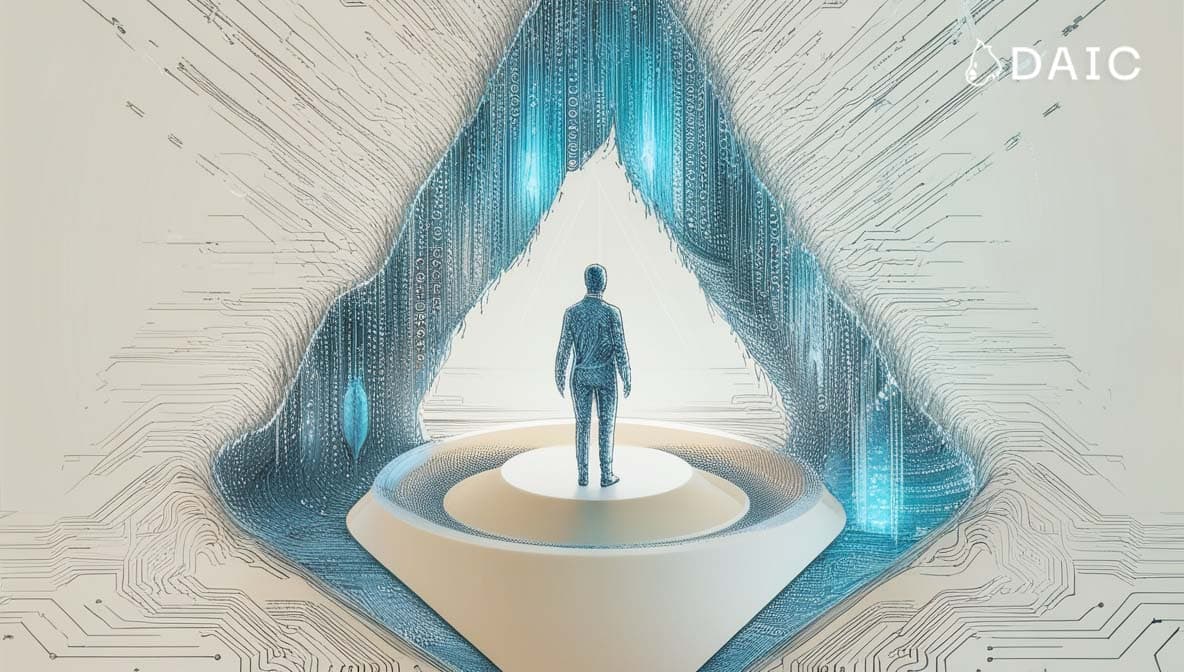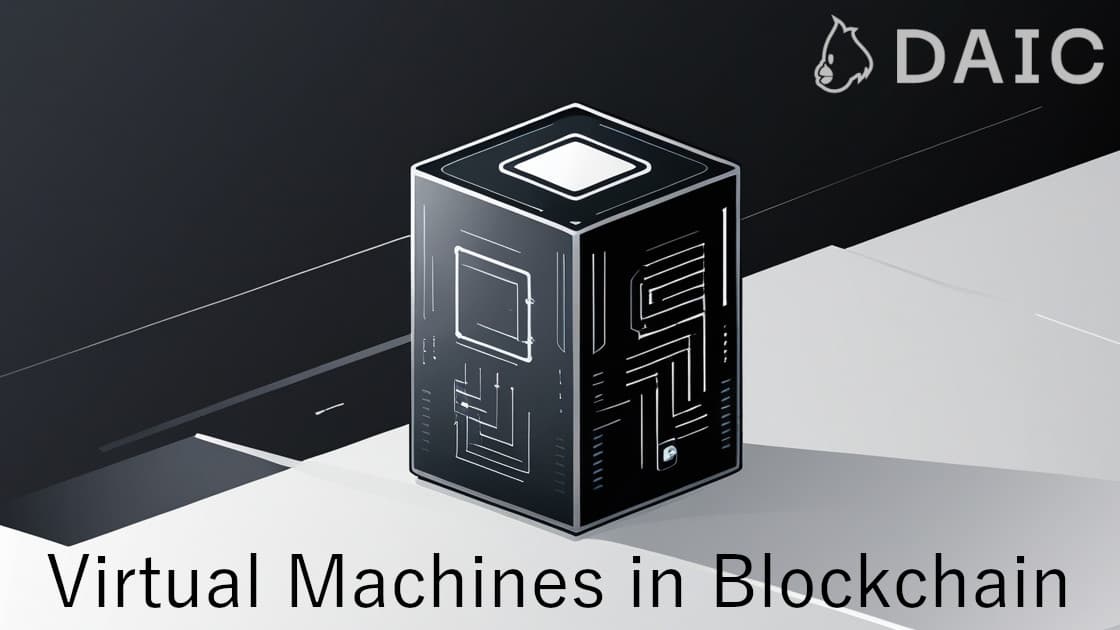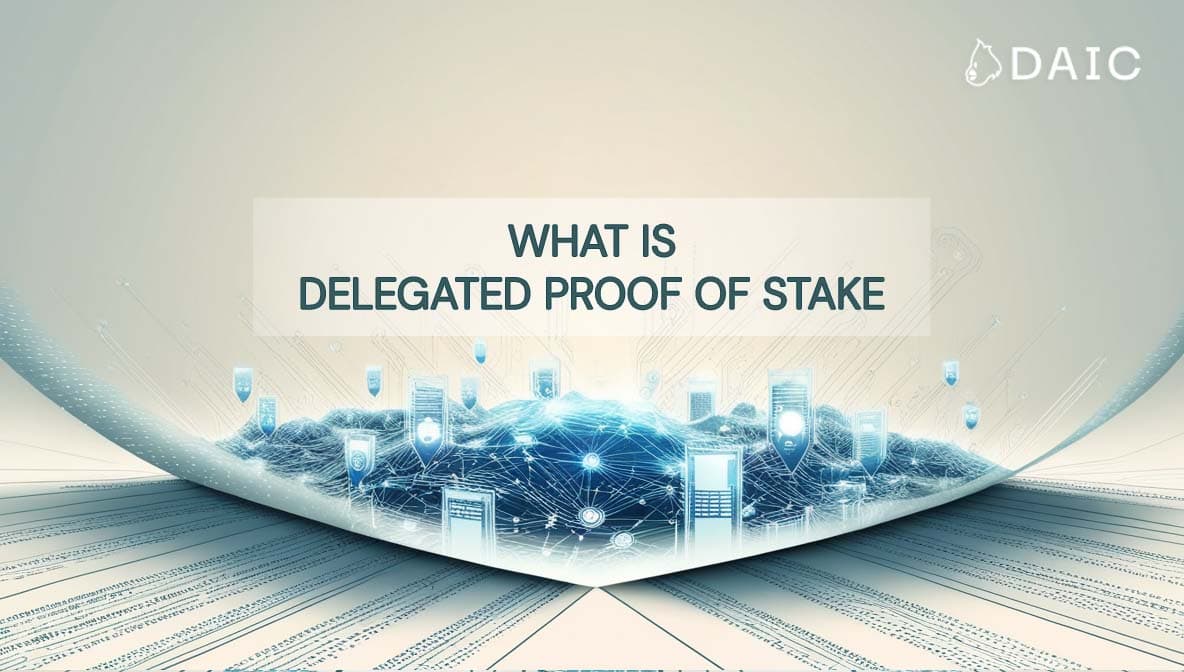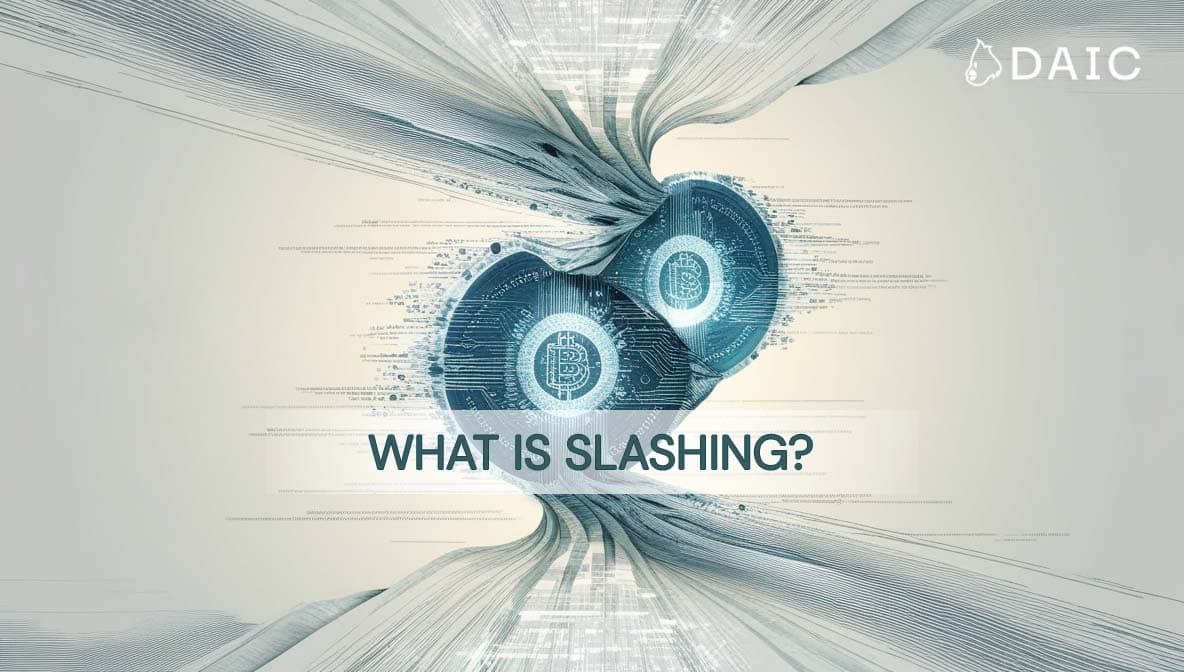In the cryptocurrency space, much attention is paid to the market volatility and revealing new revenue opportunities. The tech side of the decentralized solutions involve just a small percentage of specialists, and the role of the validator consequently often remains shrouded in technical complexities. Although, these digital guardians play the key role in ensuring the security, transparency, and efficiency of the whole blockchain ecosystem.This article deeply explores the field of blockchain validators, discussing their function and importance, not excluding challenges and opportunities which they face within this evolving landscape.
Key Takeaways
- In a nutshell: Validator is a key blockchain participant, making sure everything is accurate and secure.
- How they work: Validators participate in a network consensus and are selected based on their stakes, which serve as a guarantee of good behavior.
- Why they matter: Validators are key to security, preventing fraud and double-spending.
- Becoming a Validator: Requires staking cryptocurrency and meeting technical requirements.
- Looking ahead: Validators will continue to adapt to new technologies and play a vital role in the future of blockchain.
What is a Blockchain Validator
Basically, the blockchain validator is a participant in the network who hosts a node(s) and participates directly in block creation and transaction validation to ensure the accuracy of the blockchain ledger. He is like an extremely detail-oriented bookkeeper who works through the network in agreement with other validators handling all the chain processes.
For instance, validators check whether the person sending the transaction has the funds to do so and that the transaction in itself follows all the rules. If so, after passing all the validation steps, the transaction is written to the blockchain.
Unlike in traditional systems, where some form of central authority, confirms the transactions, validators are decentralized. Each separate validator may work independently on one area, but they follow an algorithm (consensus) that allows them to agree on a collective state of the network such that everyone has come to an agreement on the validity of the ledger. That is what makes blockchain so secure and trustworthy.
How Does a Blockchain Validator Work
Validators represent a very important building block in Proof of Stake blockchain networks, ensuring the legitimacy of every transaction and guaranteeing the security of this network. They are encouraged for this by a proper incentives/penalties system that rewards honest participation and punishes malicious behavior. As blockchain technology evolves, with new consensus mechanisms and protocols emerging, the future might bring changes to their role.
Here's how they work:
- Transaction Broadcasting: The initiated transaction sent by any user gets broadcast to all validators of the blockchain network.
-
Independent Verification: Each of the validators receives information about the transaction independently and performs a set of verifications.
- Authentication: Verification of the identity of the sender and confirmation that he indeed owns the balance or the required level of approval to execute the transaction.
- Data Integrity: Real-time data validation in accordance with blockchain rules and protocols.
- Cryptographic Verification: Verifying digital signatures to prevent fraud and ensures that no tampering has occurred with the transaction.
- Consensus Mechanism: After validators have validated a transaction, they engage in a consensus mechanism. That means validators agree on a valid transaction and the order of that transaction within a block through communication. There are several types of consensus mechanisms that different blockchains use, each with different rules and algorithms
- Block Creation and Addition: Once the consensus is achieved, the validated transactions are put together in a block. Later, the block is added to the blockchain, where all transactions written in it become permanent, secure, and impossible to tamper with.
- Incentivization: Validators are usually incentivized for their work within the network. It could be in the form of rewards for transaction fees, freshly minted crypto, or other forms, which may vary depending on the blockchain addressed. This kind of incentivization model is stimulating active participation and helps secure the network.
Why are Validators Important
The role of validators is to provide expertise and assistance in navigating the complexities of the blockchain landscape, ensuring the continued growth and innovation of this technology. In essence, validators are not merely maintaining the status quo, they are actively shaping the future of blockchain.
Security: Validators help in the safety and security of the network through preventing fraudulent actions and possible attacks.
Decentralization: Validators play an important role in maintaining blockchain decentralization by working together in consensus and keeping one party from gathering too much control.
Efficiency: Validators ensure that the blockchain operates efficiently, processing transactions faster and more accurately, and therefore keeping the network running as it should.
Scalability: When the blockchain is growing, validators prevent bottlenecks or decreased efficiency.
Growth: As the network continues to expand, they contribute to its growth and the development.
Governance: Besides the technical aspect, the validators are part of governance decisions and hence help to decide on the future course the network will take.
Innovation: Mostly, active validators contribute to innovation, developing new technologies and solutions that eventually make the network more efficient and secure.
How do Validators Differ From Miners
Miners and validators contribute to blockchains' security, but they do it in very different ways. In the case of Bitcoin, miners use extremely powerful computers to solve a complex math task. It's like a race in puzzle solving: whoever wins will add a new block to the chain and earn a reward. This requires great energy consumption and special equipment.
Validators are more common in PoS-based blockchains. They do not solve any puzzle, but instead "stake" their own cryptocurrency as some form of warranty. It is something like saying, "I trust this blockchain, and I'll put my money where my mouth is." So, the more cryptocurrency they stake, the more likely to get chosen for adding the new block into the chain. The system incentivizes this behavior, as the reward for dishonest validators is punishment and loss of stake.
Becoming a Blockchain Validator

Becoming a blockchain validator is like joining an exclusive club: great responsibility comes with great rewards. A blockchain validator needs technical ability, dedication, and strong commitment to the maintenance of integrity in the blockchain network.
Below is the process of becoming a validator.
- Select a network: Blockchains differ in their nature and requirements; it would require that you do your own research to choose a correct network that suits you.
- Meet the technical requirements: Validation means running a node - a dedicated computer that will be constantly on. Ensure your hardware is consistent with the network's technical demands, including the software you need to support it.
- Staking necessity: In essence, every proof of stake chain requires that validators 'stake' a number of cryptocurrencies as some kind of collateral. That is some sort of financial guarantee of your intent to act honestly. It varies from network to network.
- Setup your node: Once you have bought the underlying cryptocurrency to stake, installed the client software for it, and configured your node, sync your node with the network. You are supposed to keep it running and debug any technical hitches that might occur.
- Join the network: You can now join the network as a validator once you have staked the required cryptocurrency and set up your node.
Future of Blockchain Validators

The blockchain validator landscape will continue to evolve with the advancement in technology and maturity of the industry. While core functions of the validators will remain key, much in their functional modalities and roles will change radically.
One such highly conspicuous trends is the likelihood of a rise in Proof-of-Stake consensus mechanisms, which has been loudly publicized with the transition by Ethereum. This is likely leading to an increase in demand for validators and further diversification of participation models on a large scale.
Greater integrations of the validators with the DeFi ecosystems, together with the emergence of liquid staking solutions, will optimize capital efficiency and create new yield opportunities. Technological improvements such as sharding and Layer-2 scaling mean that the role of validators will also involve adjusting to a network capable of high transaction throughput and much greater scalability.
In the final analysis, more collaboration and interoperability in terms of validators across different networks are foreseen for better cohesiveness and smooth blockchain ecosystem.
The information provided by DAIC, including but not limited to research, analysis, data, or other content, is offered solely for informational purposes and does not constitute investment advice, financial advice, trading advice, or any other type of advice. DAIC does not recommend the purchase, sale, or holding of any cryptocurrency or other investment.


